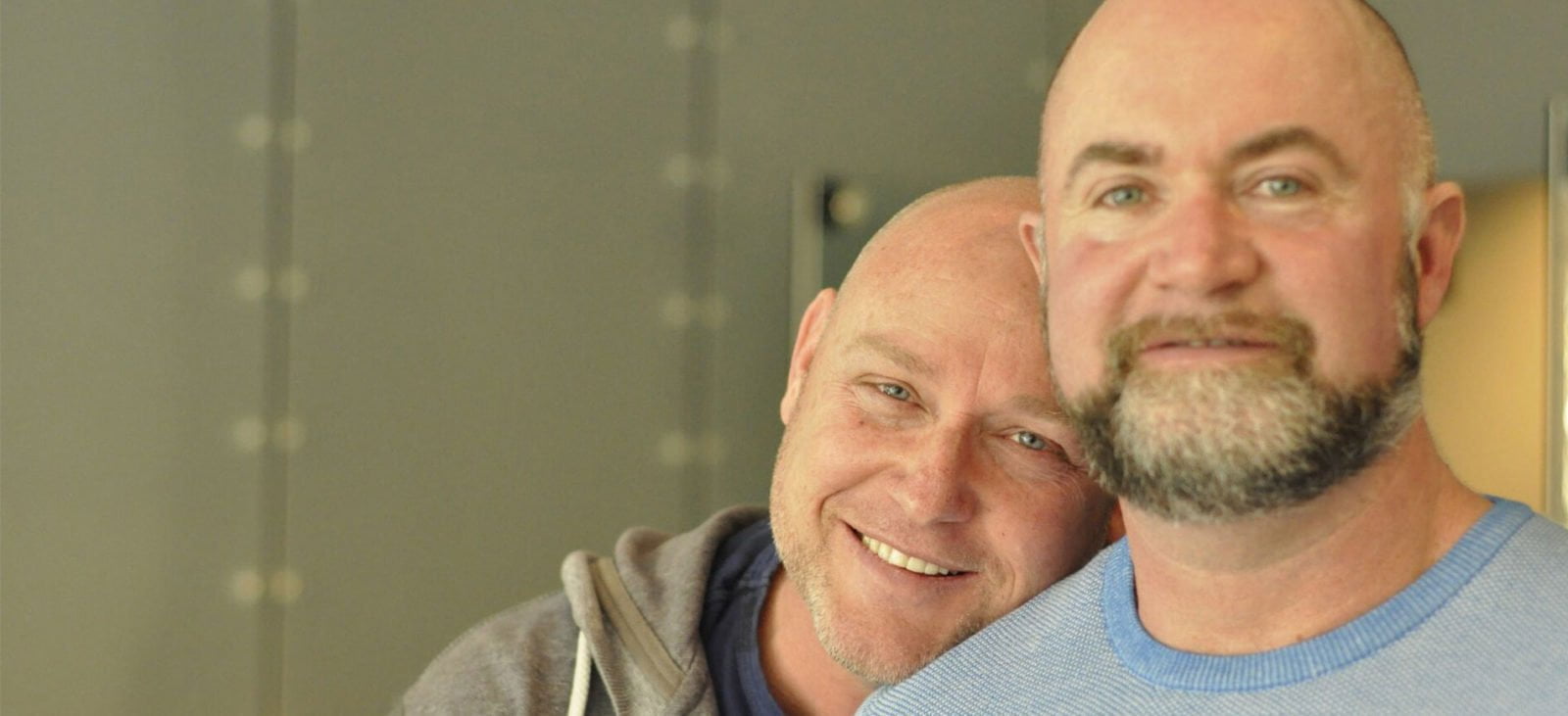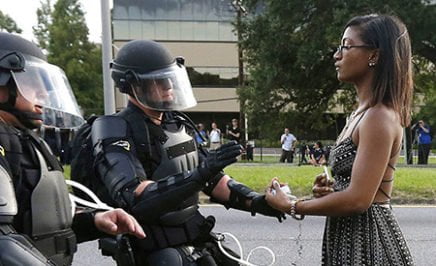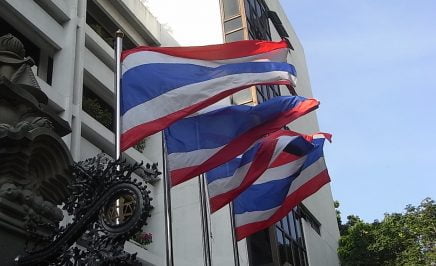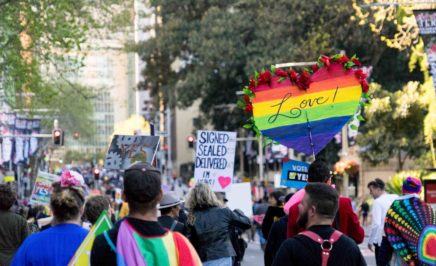As Australians around the country await the results of the marriage equality survey, due to be announced on 15 November, Professor Mark McMillan explains why marriage equality matters to him, his family and his community.
Society can change
I am a proud Wiradjuri man and I come from a line of strong, sovereign Wiradjuri women. During their lifetimes, society saw my mother and grandmother as less than equal, simply because of who they were. But they had no choice about the world they were born into and could not be anyone other than who they were: strong Wiradjuri women.
Society had to change and accept them as equals. Mum and Nan were able to partake in the full rights of citizenship, including – if they wanted – the civil institution of ‘marriage’.
“Being gay is the way I was born, just as I was born Wiradjuri. I cannot change it, nor should I have to.”
Professor Mark McMillan
Voting YES
As a proud gay Wiradjuri man, I am voting YES in the marriage equality postal survey so I too can participate in this institution if I so choose. Being unable to marry my partner for no other reason than I was born gay is just wrong. Being able to marry another person is one of the citizenship rights that my Mum and Nan fought for.
Being gay is the way I was born, just as I was born Wiradjuri. I cannot change it, nor should I have to. Marriage equality, for me and my family, is about society accepting me as a total person and a total citizen. As an Australian citizen I participate in all other civic institutions: I vote, I pay tax, I abide by the laws (Wiradjuri and Australian). Yet, I am excluded from marrying my partner, just because I was born gay.
Equal treatment for all
Society made a promise to my Mum and Nan that everyone should be treated equally. Marriage equality is about society living up to that promise and granting all Australians, regardless of who they are, the full rights (and responsibilities) of citizenship, including access to any and all civic institutions.
Marriage equality is important for me, my family and my community because marriage should not be a vehicle of exclusion but one of inclusion.
Professor Mark McMillan is Deputy Pro Vice-Chancellor of Indigenous Education and Engagement at RMIT.





